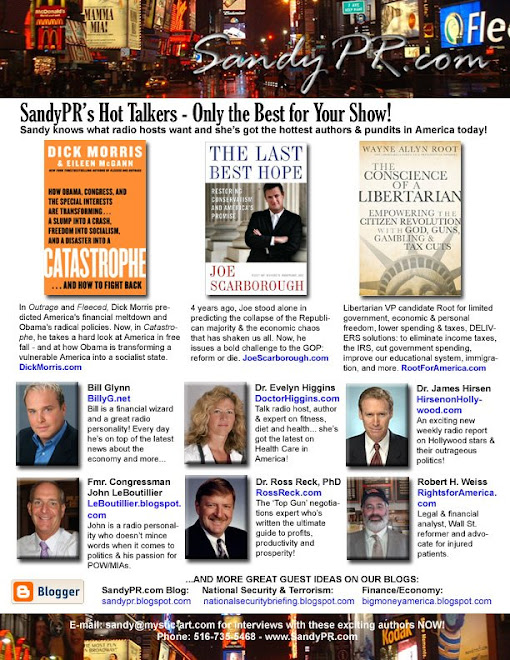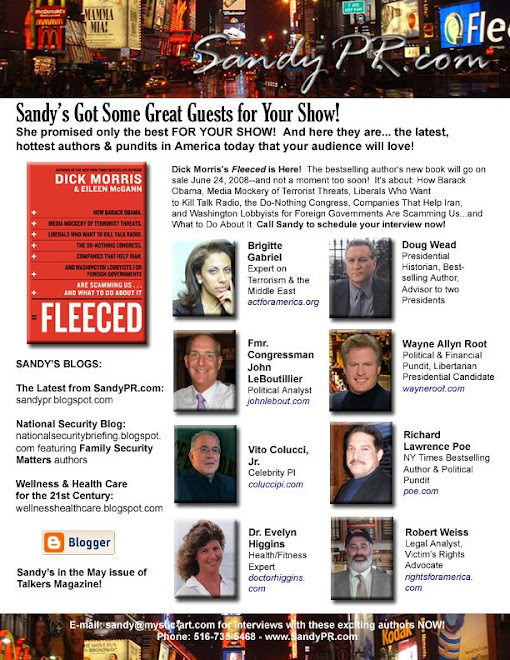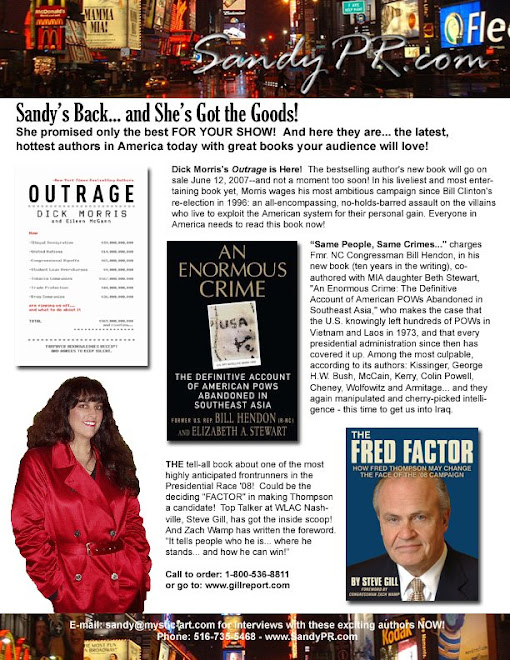|
|
|
|
|
|
COOPERATION AND
COERCION
By Antony Davies and James Harrigan
In their enlightening book, COOPERATION AND COERCION: How Busybodies Became Busybullies and What That Means for Economics and Politics, Antony Davies and James Harrigan show that government is all about coercive power. That doesn't mean it's all bad. We need government. But they show the immense - and overlooked - power of cooperation... and the dangers of embracing government coercion as the knee-jerk reaction to any problem.
In COOPERATION AND COERCION, you'll learn:
· COOPERATION AND COERCION provides a model for how the left and right can
come together to solve our shared problems. The author looks at major problems
facing the country from the perspective of fact and reason rather than party.
· COOPERATION AND COERCION describes government and markets as neither
good nor bad, but as tools that society uses. The trick to successfully
addressing our shared problems lies in knowing which tool is best suited to
which problem.
· Whenever humans work together, they organize themselves
either according to principles of cooperation or principles of coercion.
Coercion, typically applied through governments, is best suited for preventing
people from harming each other, and overcoming problems that can’t be addressed
through voluntary means. Cooperation, typically applied through markets, civic
organizations, and informal relationships, is best suited for finding creative
solutions through decentralized decision-making and overcoming problems that
require local knowledge.
· Contemporary discussions of rights often fail
because people confuse two distinct types of rights: negative rights (the right
not to be interfered with) and positive rights (the right to be provided for).
The Constitution was crafted around the idea of negative rights, but since the
1920s, Americans have come to embrace the idea of positive rights, and this has
given rise to the remarkable growth in government we’ve seen over the past
century.
· The more we ask government to do for us, the
more it must intrude into our lives and our pocketbooks. The inevitable
consequence is that almost everything in our lives becomes politicized. And
when that happens, communities fracture along party lines.
· Raising the minimum wage is a good idea – but
only for people who manage to keep their jobs. The wage rate isn’t a lever by
which we can set the value of labor. It is a metric that measures the value of
labor.
· Historically, it hasn’t mattered whether the
federal government has taxed the rich, taxed the poor, taxed corporations, or
taxed households. It also hasn’t mattered whether those tax rates are high or
low. The revenue the federal government collects from all sources combined has
remained a pretty constant 18% of the GDP.
· As long as humans have lived in communities, we’ve had busybodies – people who stick their noses in others' business. But when government is able to intrude into our lives and tell us what things we may and may not consume, who we may and may not marry, where we may and may not live, busybodies level-up, becoming busybullies who don’t merely have opinions as to how you should live your life. They co-opt the power of government to force you to live your life the way they see fit.
You'll come away from this book with a clear understanding of everything from the minimum wage to taxes, from gun control to government regulations, from the War on Terror to the War on Drugs to the War on Poverty. People on both sides of the American divide are tired of the animosity and disrespect with which we treat each other, but they don't know how to stop. We provide an example of how to address divisive topics.
ABOUT THE AUTHOR: Antony Davies is associate professor of economics at Duquesne University and distinguished fellow at the Foundation for Economic Education (FEE).






No comments:
Post a Comment